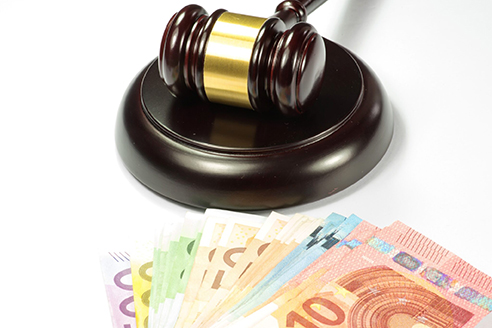Putting an end to a long legal dispute, the Court of Cassation has recently provided very important information on the quantification of the damage caused by patent infringement at the level of the courts, that is, when the injured person is not able to prove the precise amount of the damage to be compensated.
In the present case, the intervention of the Supreme Court had been requested by the proprietor of the patent because the Territorial Judges (Court of Appeal of Florence), while confirming the violation of the right, had not liquidated any damage, whereas the person concerned had not provided sufficient information to determine the amount.
By granting the application by order of 19 January 2023, the Court of Cassation first of all affirmed, as a general rule, that liquidation on an equitable basis is possible if the existence of any damage is in itself certain and if it is substantially impossible, or in any case very difficult on the part of the entitled person, to prove, in the specific case, the precise amount.
That said, however, in the matter of patent infringement the Supreme Judges recalled that the damage must always be settled taking into account the profits made by the infringer, that is, considering the profit margin achieved.
Instead, the criterion of the c.d. “just royalty” or “virtual royalty” (that is, the compensation that the infringer would have had to pay if he had obtained a licence of use from the proprietor of the patent) – although expressly provided for in the residual law – marks only the minimum limit of compensation for the damage settled on an equitable basis, which, however, is not adequate to give an account of its actual amount against the indication, by the injured party, of further and different and reasonable criteria for its liquidation, in order to achieve a full repair of the damage suffered by the proprietor of the patent.
This impeccable position taken by the Court of Cassation clearly makes clear that the time has definitively passed, even in our country, when patent or trademark infringers, even if recognized as such, could almost always not suffer (or suffer in small part)the consequences of their wrongdoing, at the expense of those who invest in innovation and technology.

